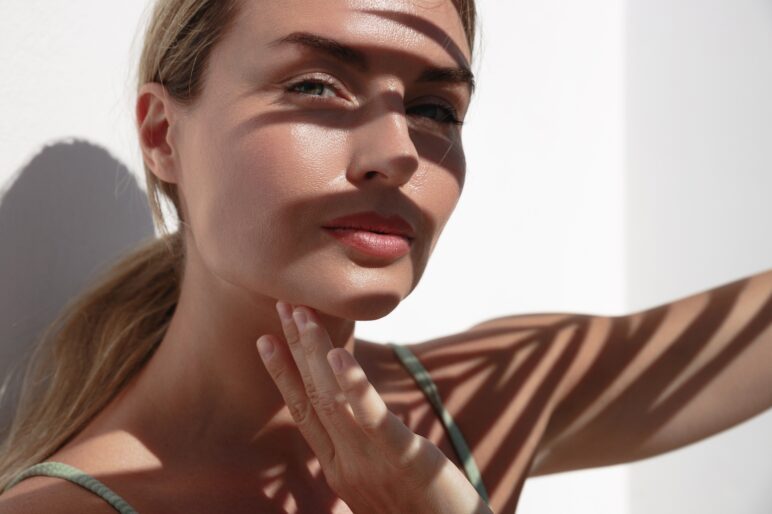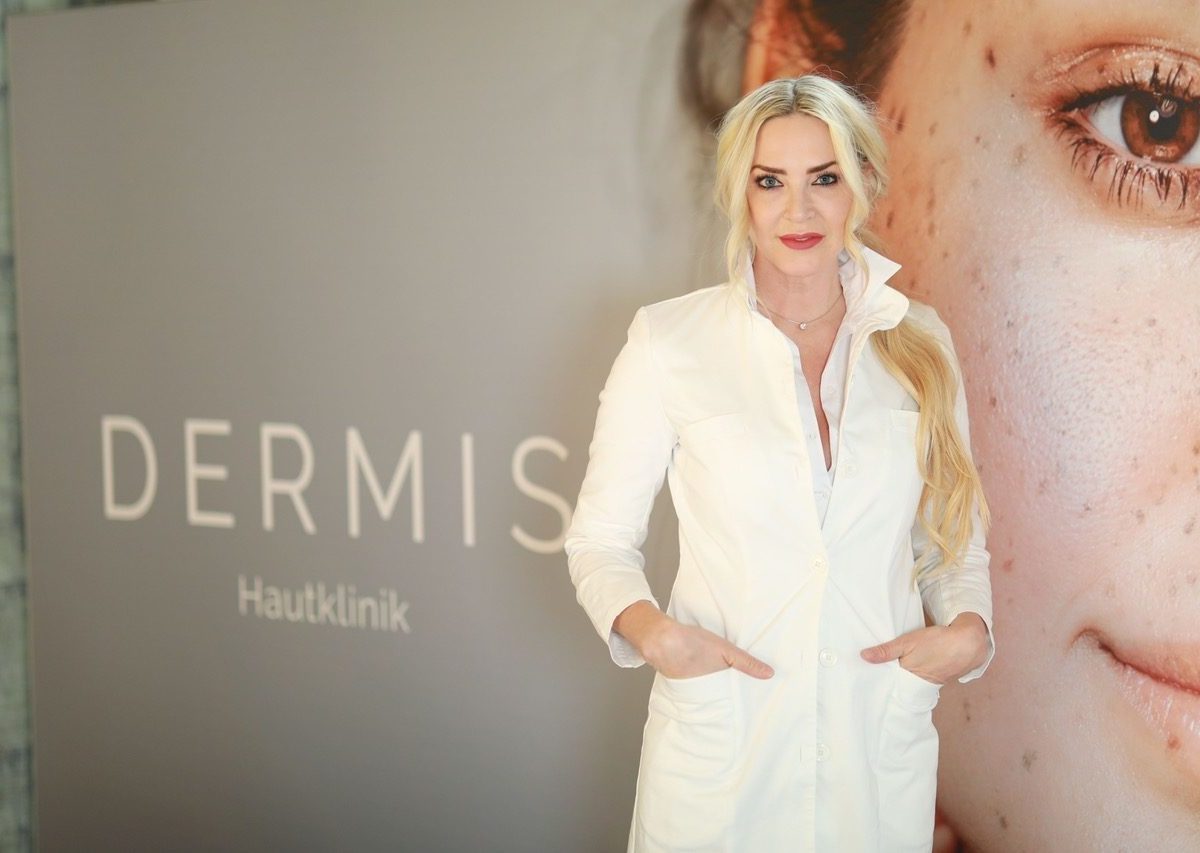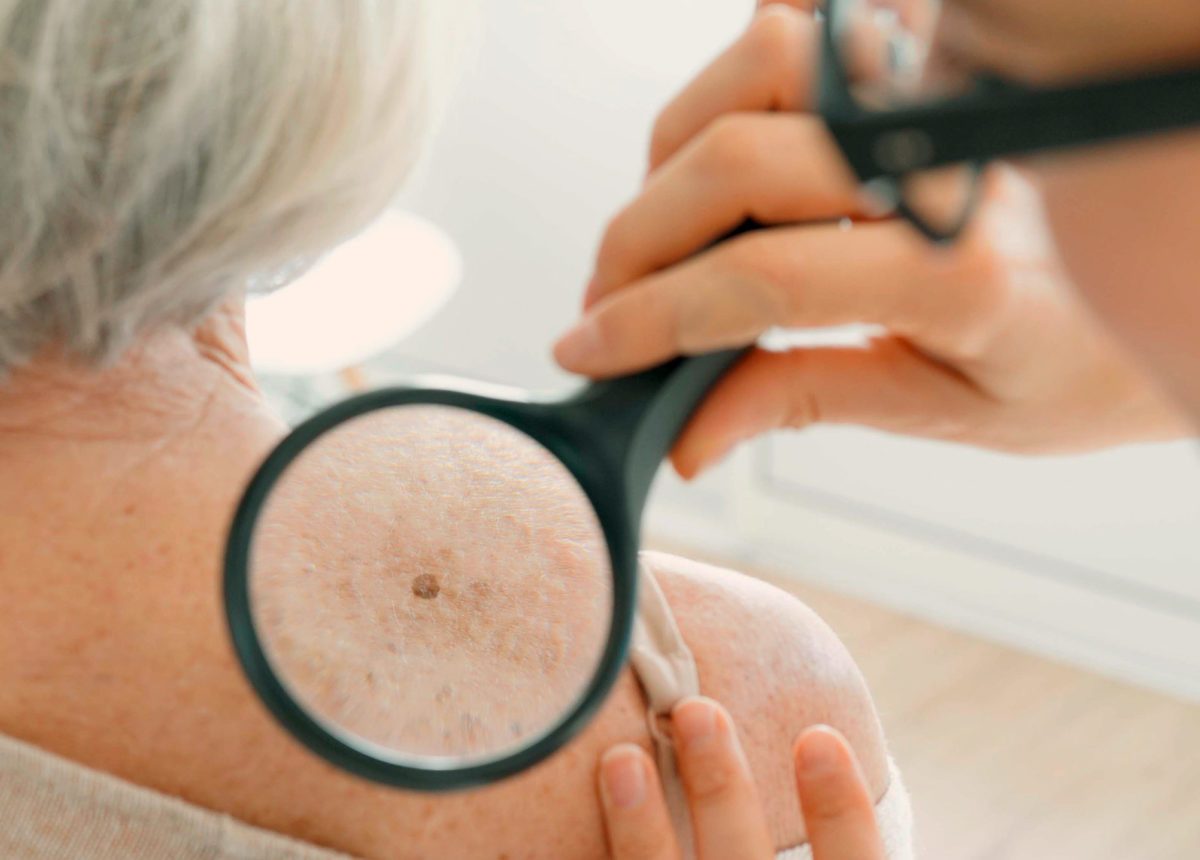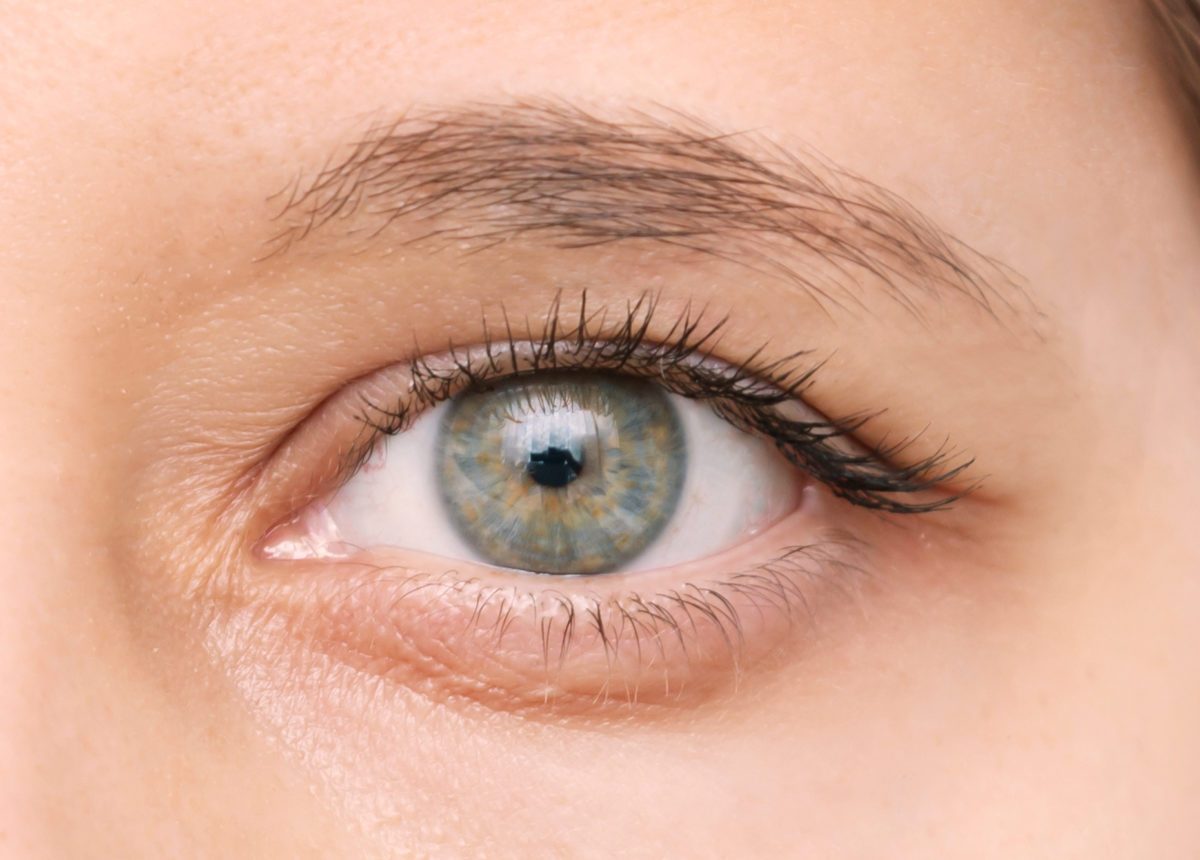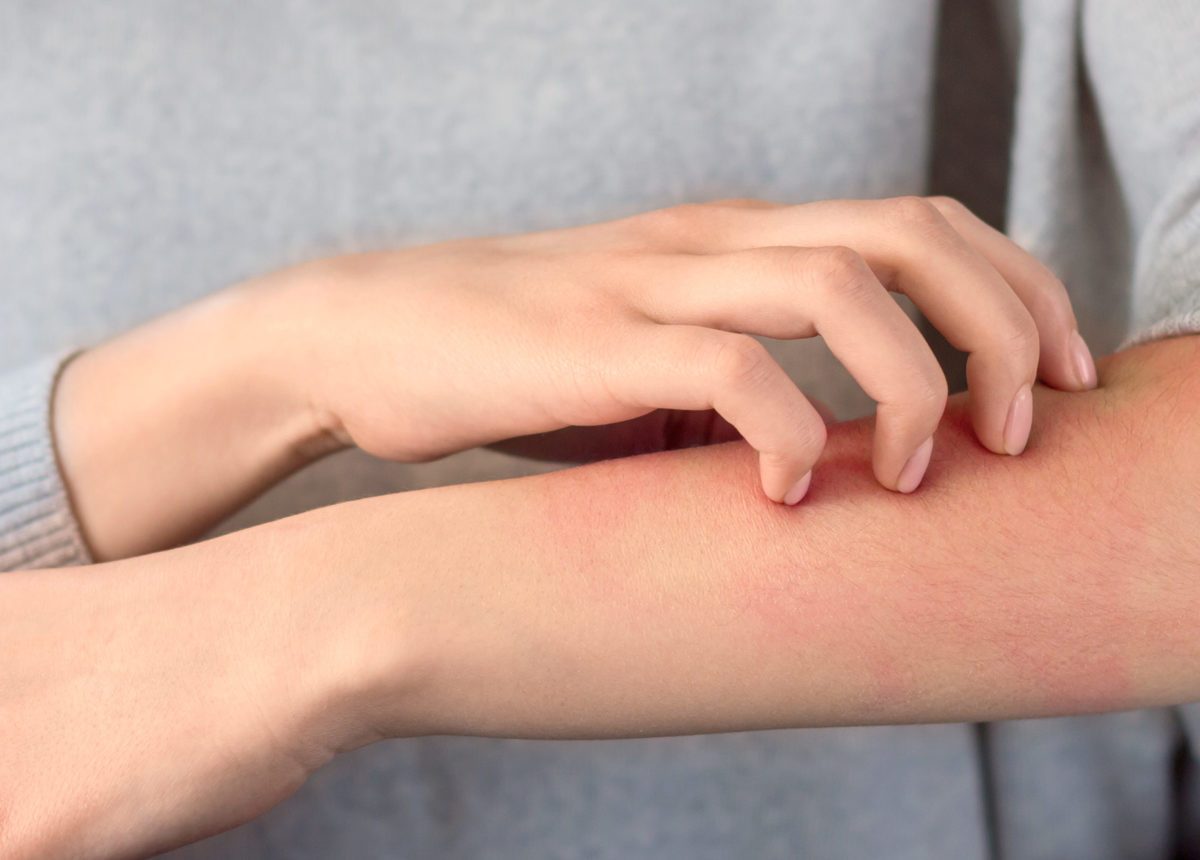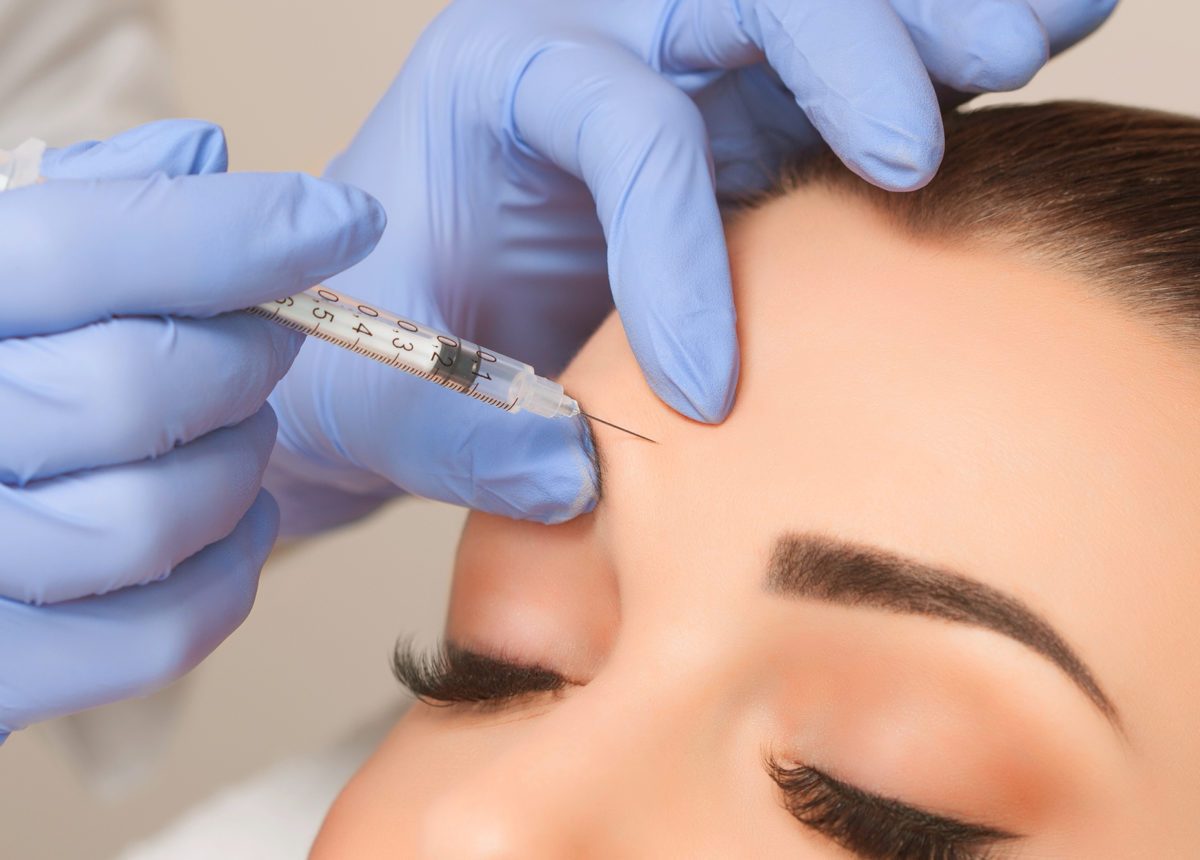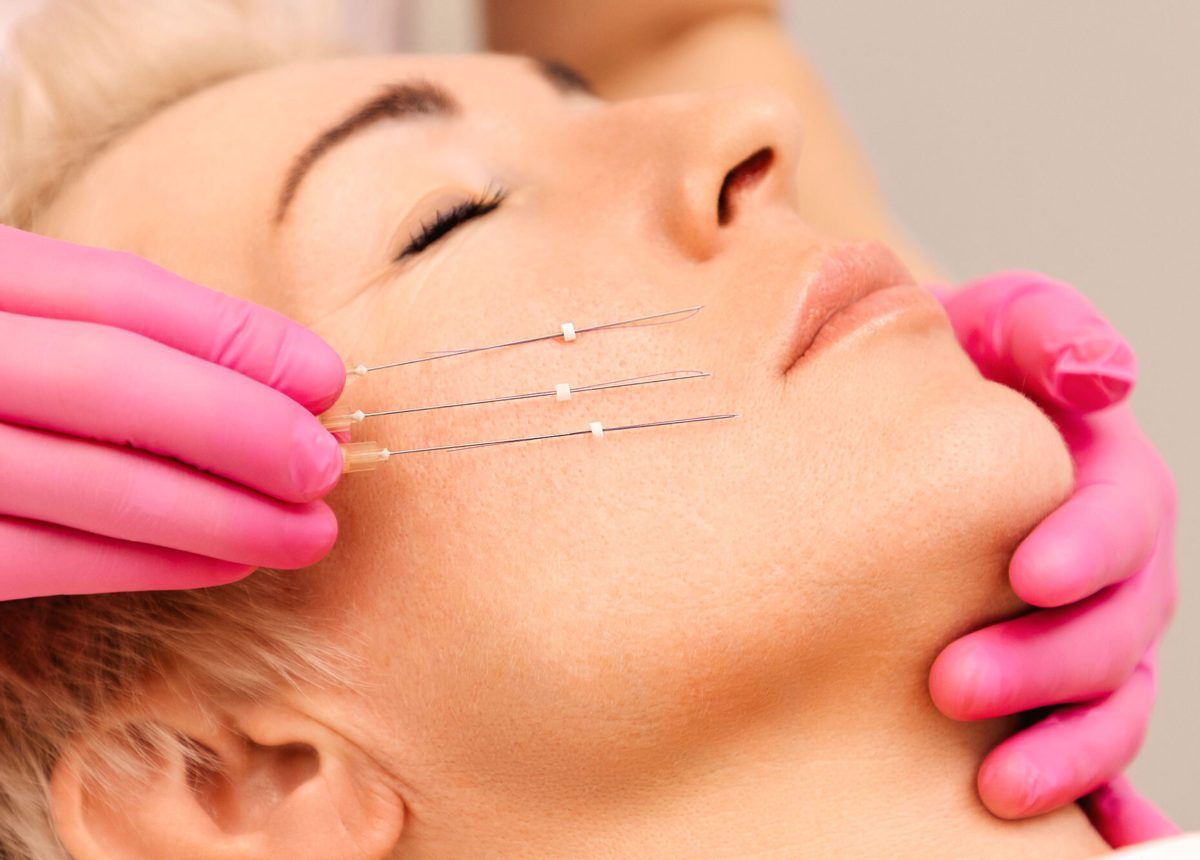Skin cancer self-check and early detection
Sabine Bruckert in an interview with Annabelle
If skin cancer is detected early, it is almost always curable. This makes it all the more important to be aware of skin changes and have them checked. Dr. Sabine Bruckert works as a dermatologist and medical director in her own dermatology clinic Dermis and is a senior physician in the dermatology clinic at Zurich University Hospital.
What are the first warning signs that may indicate skin cancer?
Skin cancer is one of the most common skin problems in Switzerland. Cancer is roughly divided into two groups: White skin cancer (e.g. basal cell carcinoma) and black skin cancer (melanoma). White skin cancer is particularly insidious because it is difficult for the layperson to recognize and sometimes only shows itself in the form of a scaly patch, nodular changes in the skin or a wound that does not heal. Contrary to its name, this form of skin cancer can have different colors, from light red to dark brown. In the case of black skin cancer, a mole may change conspicuously or a new growth may appear that looks like a mole but behaves differently.
Is it true that white skin cancer is easy to treat and very rarely metastasizes? In contrast to melanoma?
Black skin cancer can also be treated very well if detected at an early stage. However, the emphasis here is on early! This is because there is a risk of black skin cancer forming offshoots from a penetration depth of just one millimeter.
How often should I have a skin check carried out by a dermatologist?
There is no general answer to this question. The intervals between examinations depend largely on the skin type, family and patient history and the number of moles. Some people have a higher risk of skin cancer. This includes people with a light skin type and those with a family history of skin cancer. Young people should also make sure they have a check-up, as around 26 percent of patients are younger than 50 at the time of diagnosis.
What happens if a conspicuous pigment change is actually found?
In the case of both white and black skin cancer, we take a tissue sample, and if black skin cancer is suspected, a total excision is made whenever possible, and this is then examined. In the case of white skin cancer, the therapy depends on the type of tumor. For example, local therapies such as creams or photodynamic procedures can be used for superficial tumors. Surgery is the first choice for thicker tumors. In the case of black skin cancer, the thickness is also decisive. A melanoma is always surgically removed! Depending on the depth of penetration, additional lymph nodes must be removed and examined.
New immunotherapies are showing great success in the treatment of melanoma. These have a targeted immunomodulating effect and activate the immune system so that it targets the cancer cells.
Finally, a question about skin cancer prevention. What do you recommend to your patients?
If possible, avoid ultraviolet UV radiation from the sun. This causes our skin to age prematurely and can trigger skin cancer. Our clothing offers good protection and you should also wear headgear and large sunglasses. It is also advisable to apply a high-quality sun care product with a high sun protection factor (SFP) to the skin every day. If you have any medical uncertainties, you should always consult a specialist.
Skin Clinic Zurich Bülach – Skin Clinic Bad Ragaz – Medical Beauty Zurich Bülach – Skin Clinic Zurich Seefeld – Skin Clinic Davos
10 years ago, Dr. Sabine Bruckert founded the Dermis Skin Clinic near Bülach railroad station. Today, she and her team of 50 experts offer the entire spectrum of dermatology, dermatosurgery, aesthetic medicine and medical cosmetics.
From birthmark checks, acne problems, inflammatory skin diseases (e.g. psoriasis) to reconstructive surgery after tumor removal (skin cancer), aesthetic surgery, aesthetic dermatology or various laser applications – the proven and experienced specialists take care of every dermatological problem and advise with passion and great experience. With its own operating theaters, procedures can be performed on an outpatient basis in the dermatology clinic.
As one of the few “C-clinics” (C means certified training center) in Switzerland, the Dermis Skin Clinic trains several assistant doctors every year. They are familiarized with the conscientious and attentive philosophy of the dermatology clinic. Empathy is a top priority at the DERMIS HAUTKLINIK, as is the desire to fulfill the wishes of patients as gently and minimally invasively as possible.
Matching articles on the topic

